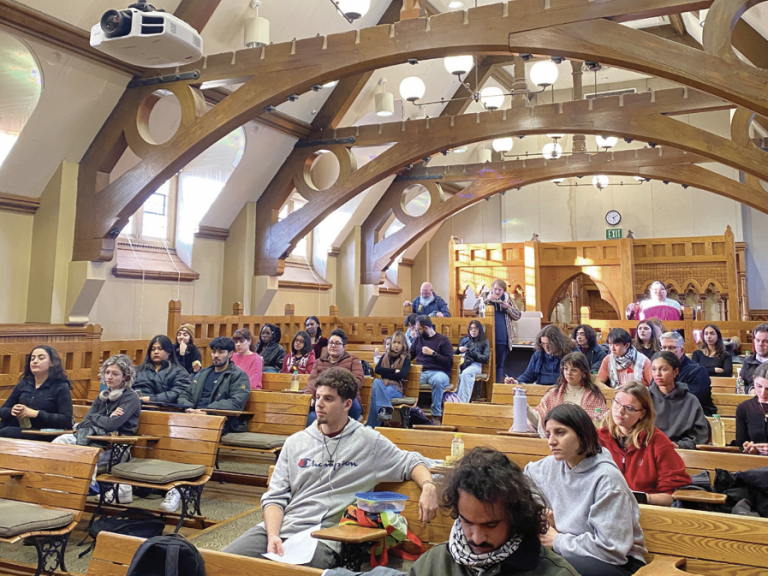Brendan Clark ’21
Managing Editor
The Dean of Student’s Office, in conjunction with the Office of Enrollment and Student Success and the Office of Diversity, Equity, and Inclusion has recently undertaken a restructuring of the application process for emergency funding for students. Previously, funding for emergencies was available for the past several years from various administrative offices and some departments (e.g., the Dean of Students Office and the Chaplaincy), however, there was no centralized system that regulated the process and terms of applications. There has also been no method for Trinity to track student applications across different departments under the previous iteration of the program.
A new “Student Emergency Fund” committee was created this fall in response to those concerns and seeks to “provide students with financial assistance for emergency expenses that are temporary, significant, unforeseen, and unavoidable,” according to an Oct. 22 email to the community. The committee, which consists of Assistant Director of Financial Aid Ebony Cole, Director of Multicultural Affairs Carol de Best, and Assistant Dean of Students Jody Goodman, spoke with the Tripod about the restructuring. Goodman stated that the centralization will “open up the communication lines to where we can get more information about the students’ needs.” Further, by consolidating the application process, Goodman hopes that Trinity can better determine how best to “support our students” during difficult times of grieving or other emergencies. The Tripod also spoke with Vice President for Diversity, Equity, and Inclusion Anita Davis, who echoed Goodman’s comments, stating that the centralization of the fund could aid in “identifying sources of stress on the system and noting systemic problems that need to be addressed.”
The emergency funding can come in two forms: grants and loans. An emergency loan is added to a student’s account for repayment within an academic semester, whereas students who receive a one-time emergency grant do not have to repay the funds. Fundable categories under the ambit of emergency expenses include, according to the community email, “textbooks and other essential academic expenses; medications and other costs related to emergency medical care; food insecurity; summer internship funding; educational testing for accommodations; travel costs related to a death or illness in the immediate family; and replacement of essential personal belongings due to fire, theft, or natural disaster.” Restrictions on funding do exist, particularly in the categories of “pay[ing] off other College debts” and “replacing or supplementing existing financial aid.”
Davis emphasized about how the emergency fund could materialize into something more substantial. By “uncovering and identifying barriers,” Davis hopes that the college could develop an “Equity Fund” that various community members—including alumni, faculty, staff, administrators, and parents—could contribute to. Davis added that while the discussions are in the preliminary phase, such practices are not inconsistent with other institutions.
Despite the fact that the application process is now centralized under a multi-constituent committee, funds remain with the offices and departments themselves as before. Thus, Trinity has not consolidated the funds into one department or organization with the restructuring. Under the new application system, students fill out a form which is reviewed by the committee and then sent to the appropriate office or department for funding. De Best indicated that a centralized process affords greater “equity” and is one way to increase access and visibility of funding sources for students.
De Best also spoke to how the centralization can improve the quality of programs and services Trinity offers, stating that “in the case of tutors, for example, if many students are applying for emergency funding for off-campus tutoring, that may indicate a gap in the peer tutoring programs Trinity offers.” Those gaps, added Goodman, “would become more apparent when we see many students struggling.”
The decision to restructure the process began with Davis, who over the summer worked with administrators across campus and “identified pockets of funding in various offices,” according to Goodman. Davis added that her work over the summer “came about from various discussions, including input from faculty members at a workshop on inclusive pedagogy in the spring.” That work continues, but the centralization of the funds will, Davis hopes, make “accessing funds less challenging for some students” and improve institutional response.




+ There are no comments
Add yours